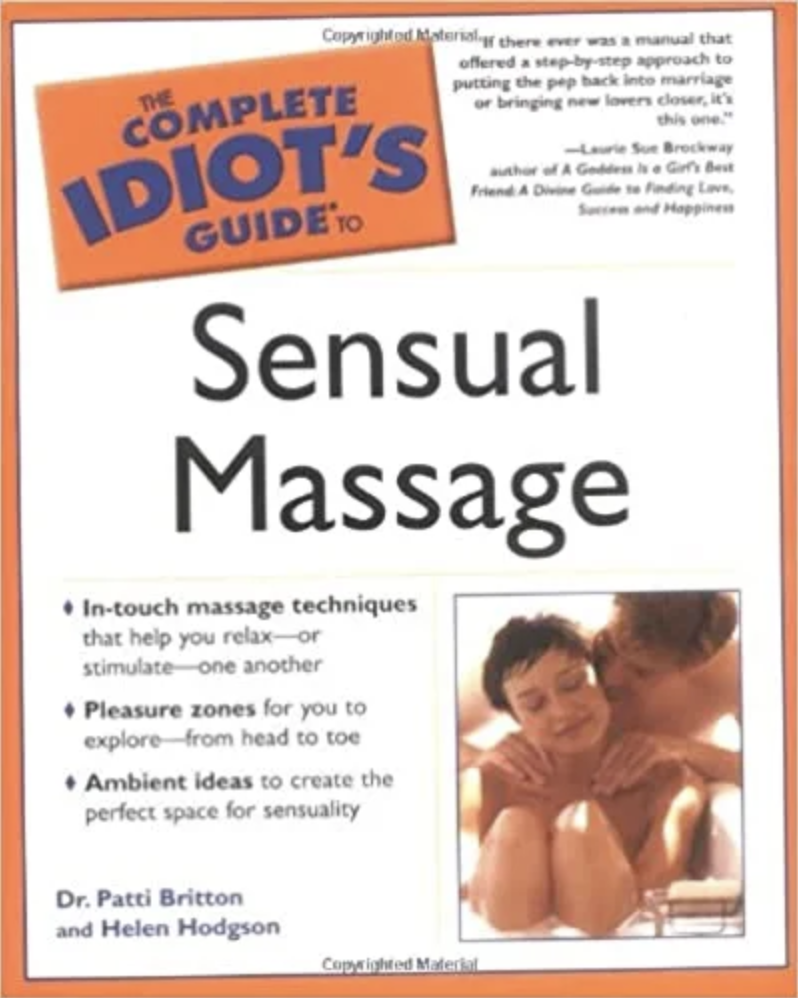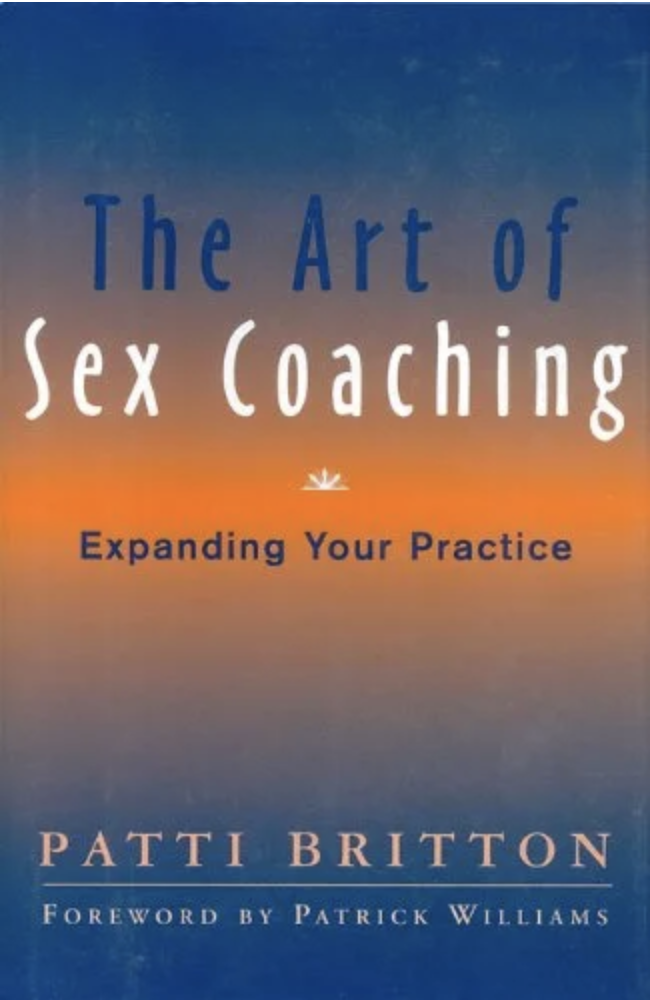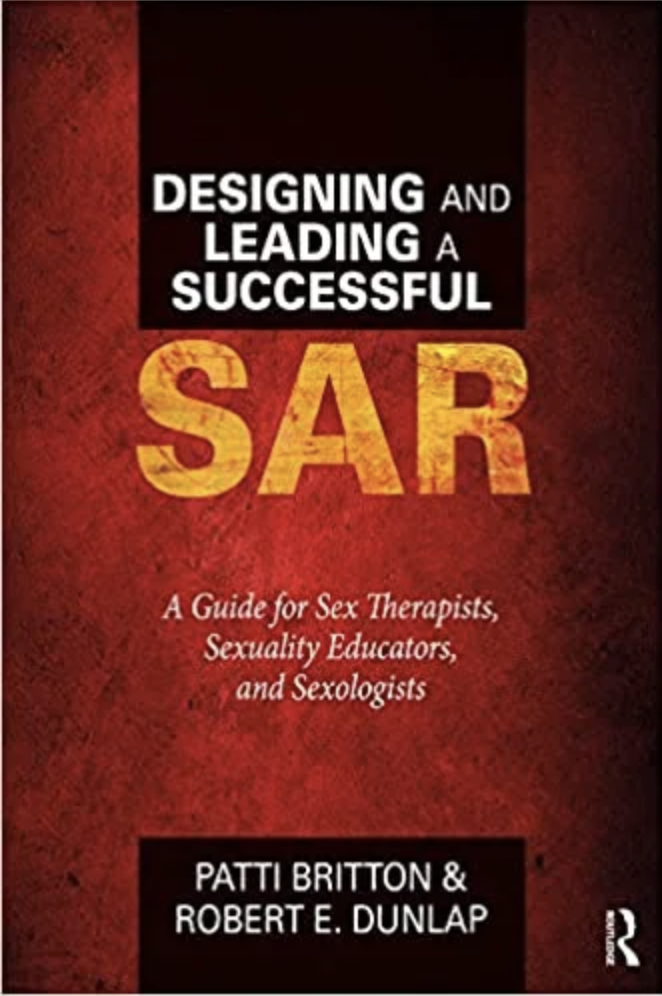March 28, 2023
Your Journey to a Fulfilling Life
March 28, 2023
March 28, 2023
My Blog Posts
© Copyright 2024 | Dr Patti Britton | All Rights Reserved | Powered by Sir | Site design by HeartSellCopy.com
My Blog Posts
BOOKS
Adventures of HER in France

Guide to Sensual Massage
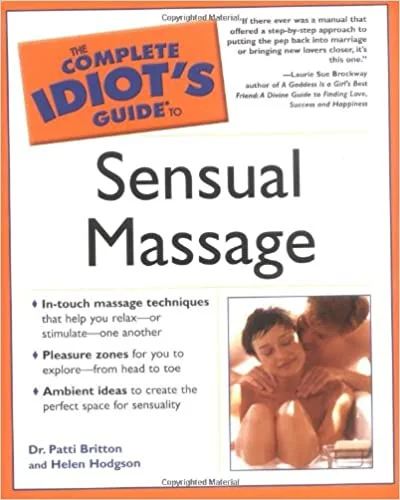
The Art of Sex Coaching
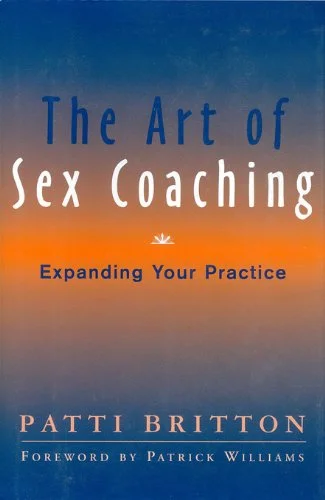
Designing Successful SAR
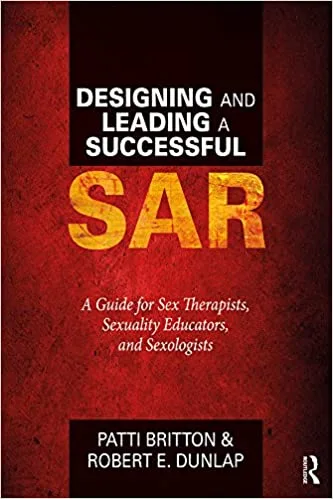
Forthcoming Memoir

© Copyright 2025 | Dr Patti Britton | All Rights Reserved | Powered by Sir | Site design by HeartSellCopy.com


